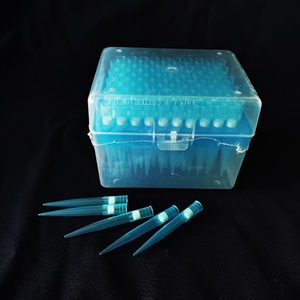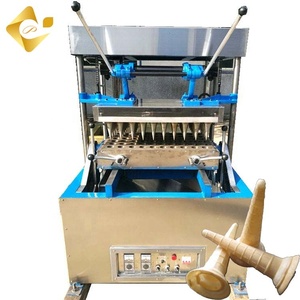Popular in your industry


































Top categories
About sterilization filter
Introduction to Sterilization Filters
Sterilization filters are crucial components in various industries, especially in sectors like pharmaceuticals, biotechnology, food and beverage, and healthcare. These filters play a vital role in ensuring that liquids and gases are free from contaminants, microorganisms, and pathogens, thus maintaining high levels of purity and sterility in manufacturing processes. The efficiency and reliability of sterilization filters are paramount in preventing contamination and upholding product quality.
Technical Specifications and Design of Sterilization Filters
Sterilization filters are designed to meet stringent industry standards and requirements for filtration in sterilization processes. These filters are available in different pore sizes, typically ranging from 0.1 to 0.45 microns, to effectively remove bacteria, viruses, and particles from fluids and gases. The materials used in sterilization filters are usually hydrophobic polytetrafluoroethylene (PTFE) or polyethersulfone (PES), ensuring compatibility with a wide range of chemicals and solvents.
The housing of sterilization filters is constructed from durable materials such as stainless steel or polypropylene, providing structural integrity and resistance to corrosion. Additionally, sterilization filters may feature a sanitary design with quick-connect fittings for easy installation and replacement, minimizing downtime in production processes.
Applications of Sterilization Filters in Different Industries
The versatility of sterilization filters allows for their use in various applications across different industries. In pharmaceutical manufacturing, sterilization filters are critical for maintaining the purity of drug formulations and preventing microbial contamination. Biotechnology companies rely on sterilization filters to ensure the sterility of cell cultures and fermentation processes.
In the food and beverage industry, sterilization filters are used for the filtration of beverages, syrups, and liquid food products, safeguarding against spoilage and ensuring product quality. Healthcare facilities utilize sterilization filters in medical devices, laboratory equipment, and air filtration systems to maintain sterile environments and prevent the spread of infections.
Advantages of Using Sterilization Filters
The use of sterilization filters offers numerous advantages to industries that require strict adherence to sterility and purity standards. One key advantage is the reliable removal of contaminants, including bacteria and particulates, which helps prevent product spoilage and ensures compliance with regulatory requirements.
Sterilization filters also contribute to the preservation of product quality and shelf life by eliminating microorganisms that could compromise the integrity of liquids and gases. Additionally, these filters support the optimization of manufacturing processes by minimizing the risk of contamination-related disruptions and enhancing overall operational efficiency.
Choosing the Right Sterilization Filter for Your Business
When selecting a sterilization filter for your specific application, several factors need to be considered to ensure optimal performance and compatibility. The pore size of the filter should be chosen based on the size of contaminants present in the fluid or gas being filtered, with smaller pore sizes offering higher filtration efficiency for smaller particles.
It is essential to evaluate the flow rate and pressure requirements of your system to select a sterilization filter that can accommodate the fluid or gas volume without compromising filtration effectiveness. Compatibility with the chemicals and solvents used in your processes is another critical factor to prevent filter degradation and ensure longevity.
Maintenance and Care of Sterilization Filters
To maintain the efficiency and longevity of sterilization filters, regular maintenance and proper care are essential. Routine inspection of filters for signs of damage or clogging is recommended to prevent contamination issues and ensure uninterrupted filtration processes.
Cleaning and sanitization of sterilization filters should be performed following manufacturer guidelines to remove accumulated debris and microbial buildup. Replacement of filters at recommended intervals is crucial to prevent filter breakthrough and maintain consistent filtration performance in sterilization processes.




























